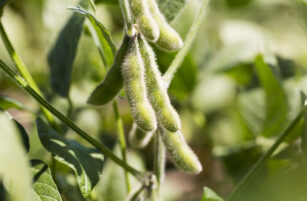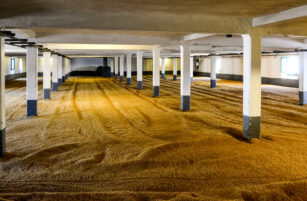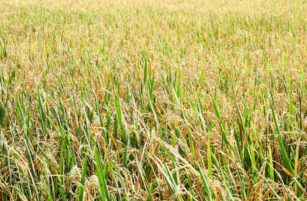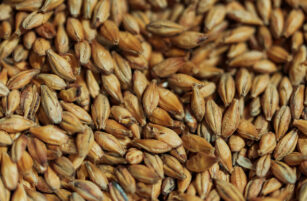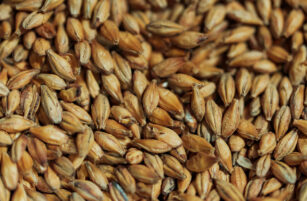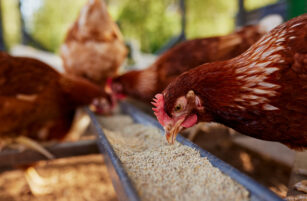- Putin will allow exports of Ukrainian grain.
- If seaborn exports out of Ukraine really start to flow, there is further downside price risk.
- Ukrainian spring planting is better than expected.
Nixal’s Forecast
No changes to our price forecast for 21/22 (Sep/Oct) Chicago Corn to be around 6,6 USD/bu in average for the crop.
The average price since the new crop started is running at 6,47 USD/bu.
Market Commentary
Big correction in grains last week with expectations that Black Sea exports will be freed up, but also on good planting progress in the US. France alerting of potential drought was not enough to stop the fall. Wheat was the driver pulling Corn lower.
The US and Europe have been looking for ways to organize alternative logistics to allow grain exports out of Ukraine, and then Putin said by the end of last week he would allow exports of Ukrainian grains and would not attack ports if Ukraine removes the mines.
This would certainly be a game changer for the S&D picture as the more than 15 m tonnes of grains stuck in Ukraine could now be exported leaving room for the new harvest to be exported and stored too. Supply constrains would disappear.
US Corn planting progress made good progress again and is now 86% complete vs. 94% last week but full in line with the five year average of 87%. Planting has now caught up with the long term average after the very slow start of the season. This means the risk of lower yield is now much lower leaving the supply picture more comfortable.
The Europe, Coceral lowered their Corn production forecast to 65,9 m tonnes vs. 67,2 before and vs. 64,5 produced last year.
In Brazil, the first Corn harvest is 85% complete vs. 84% last year. Safrinha harvesting started last week with just 0,6% complete vs. 0,3% last year. In Argentina Corn harvesting is 32% well delayed vs. last year’s progress of 42,2%.
Spring planting in Ukraine is exceeding expectations with 93% of the area already planted. The Ag minister expected 12 m ha to be planted but as of June 2 13,2 m ha had been planted. Corn planting is 83% complete of the planting area in 2021 which is a very small weekly progress of just 2 percentual points somehow expected as the areas being planted in this final stage are under conflict or have mines. Local analyst are expecting 22 to 28 m tonnes of Corn production vs. 42 produced last year.
Russian spring planting is 15,2% complete A second train with Ukrainian grains was exported through Lithuanian railways heading the port of Klaipeda.
In the Wheat front the price correction was bigger than in Corn. The correction was a sizable 9% in Europe and 10% in the US. From the peak reached by both contracts at 12,8 USD/bu in Chicago on May 18 and 445 Eur/tonne for EU Wheat just a day earlier, both contacts have lost 19% and 15% respectively.
The US harvest started and cooler temperatures and rains in France and Germany triggered some sales. Also Coceral increased their forecast for EU Wheat production to 127,4 m tonnes vs. 126,8 before and Australia is heading for a third bumper crop with Rabobank forecasting 32,5 m tonnes.
But France by the end of the week confirmed the continued hot and dry weather they have had during the past few months, experiencing dry to very dry soils due to low or no rainfall since early 2022. The Government said they are heading to a historic drought.
US Wheat condition was 29% good or excellent a very small improvement from last week’s 28% and still well below last year’s 48%.
Northwestern Europe saw some rains last week, but France could see a return of hot and dry weather this week. Normal temperatures are expected in the US Corn belt with also normal rainfall expected. Weather in Brazil will remain dry in the center of the country with more rains forecasted in the south.
Price action is now more than ever depending on Putin and if trade flows out of the Black Sea will really be restored which would completely change the supply picture. No details have been announced. If seaborn exports out of Ukraine really start to flow, there is further downside risk. Otherwise, expect the market to recover from recent losses.





